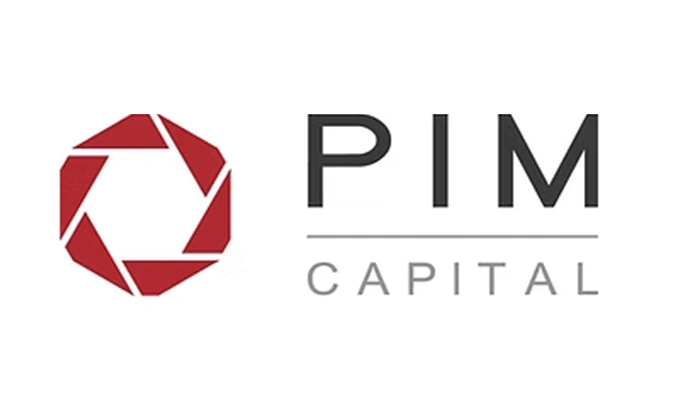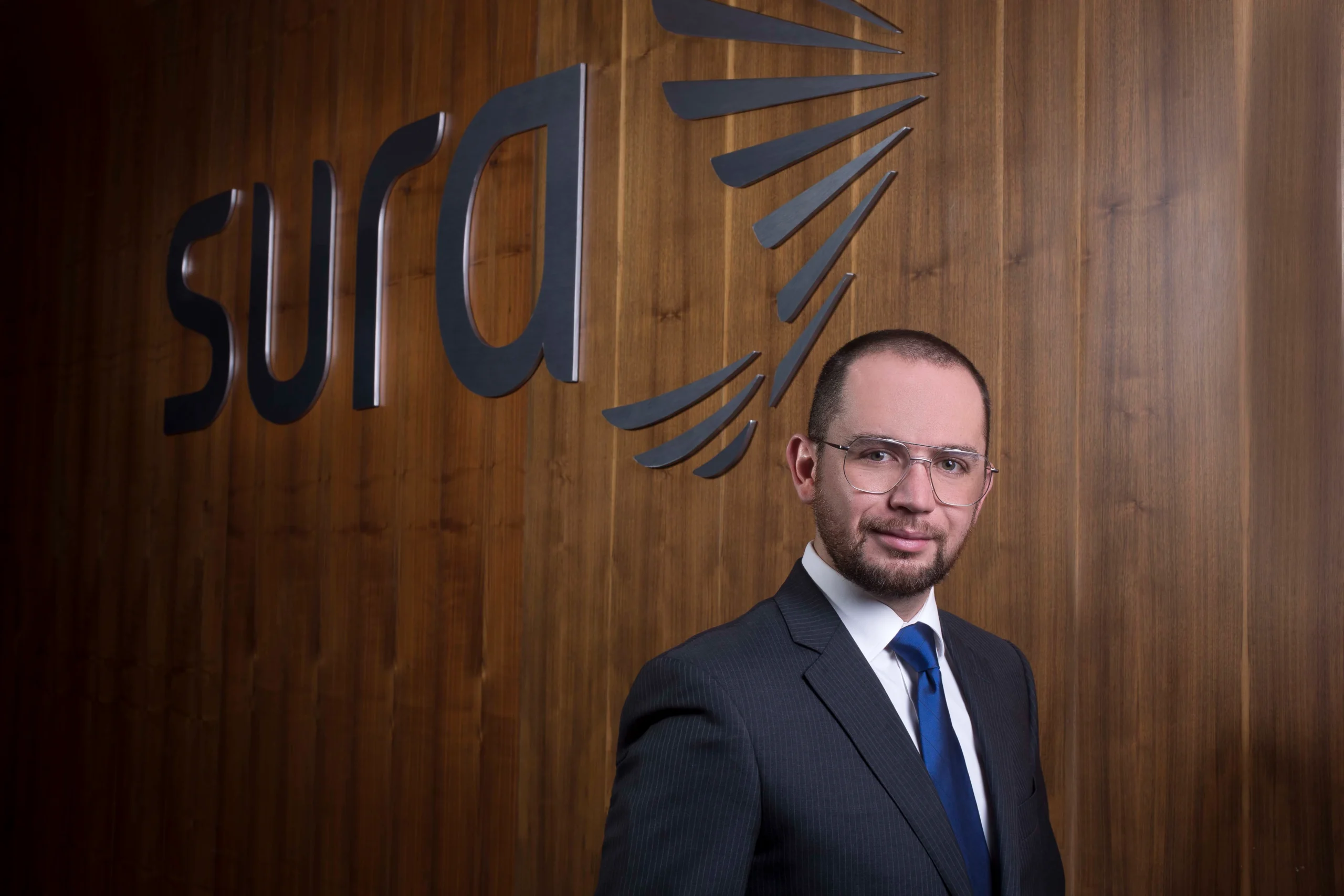Malta’s growing appeal as a financial services domicile

John E. Kaye
- Published
- Asset Management, Banking & Finance

Malta is fast emerging as a top financial hub, offering fund managers a competitive and well-regulated jurisdiction. Aronne Debono, Head of Business Development & Corporate Services at BOV Fund Services, explores the island’s financial growth, tax advantages, and fast-tracked regulatory processes driving unprecedented global interest
Malta may be the smallest country in the Mediterranean, but when it comes to finance, it’s punching well above its weight. The island is now a major player in global finance, drawing investors, fund managers, and international businesses looking for stability and efficiency. Thanks to its strategic location, European Union (EU) membership, and competitive tax framework, Malta is successfully competing with much larger financial hubs.
At the heart of this success lies Malta’s ability to strike a balance between strong regulation and the flexibility businesses need to thrive. The Malta Financial Services Authority (MFSA), the country’s sole financial regulator, is known for its efficiency and accessibility while maintaining strict compliance standards. This makes it an attractive jurisdiction for fund managers and financial institutions looking for a secure yet business-friendly environment.
Beyond finance, Malta’s economy is built on a varied mix of industries, including corporate services, tourism, ICT, gaming, aviation, and maritime. As an EU member since 2004, it also provides seamless access to the European investment market, making it an ideal base for international businesses.
One of Malta’s biggest strengths in financial services is its ability to offer fast, cost-effective fund structures, making it easier for investors and asset managers to operate efficiently. A number of innovative fund structures set Malta apart from other financial hubs:
- Notified Alternative Investment Funds (NAIFs) allow fund managers to launch investment funds quickly with fewer regulatory hurdles, offering a more streamlined version of the passportable Alternative Investment Fund (AIF) regime.
- Professional Investor Funds (PIFs) cater to high-net-worth investors and funds under €100 million. These offer more flexibility and fewer restrictions than retail funds, making them an attractive option for those looking for tailored investment strategies.
- Notified PIFs (NPIFs) provide a fast-track solution for smaller fund managers operating below regulatory thresholds. This has helped Malta strengthen its position as a key destination for family offices and private wealth management.
With these structures in place, fund managers can set up and run investment funds more efficiently while ensuring compliance with EU regulations.
Beyond its streamlined regulatory approach, Malta’s tax system is another major draw for businesses and investors. The country’s full imputation tax system allows non-resident shareholders to claim tax refunds, creating an attractive environment for international companies.
On top of this, Malta has signed more than 70 double taxation treaties based on the Organisation for Economic Co-operation and Development (OECD) model. These agreements help businesses avoid being taxed twice on the same income when operating across multiple countries, making cross-border investment more efficient. Combined with low setup and operational costs, Malta provides a financial framework that maximises returns while ensuring full compliance with EU tax regulations.
Efficiency, however, isn’t just about tax and regulation. In Malta, it also comes down to how easy it is for businesses to get up and running. The island has built a reputation for smooth regulatory processing, helping businesses set up and expand with minimal red tape. The Malta Financial Services Authority (MFSA) works closely with fund managers to ensure compliance without unnecessary delays, a crucial advantage in the fast-moving alternative investment space.
The island also offers a well-established corporate services infrastructure, with experienced fund administrators, legal professionals, and tax advisors on hand to support international investors. This strong support network reinforces its appeal as a stable and well-connected financial hub.
A well-regulated financial sector relies on efficient fund administration to ensure compliance, streamline operations, and maintain investor confidence. In Malta, fund administrators like ours help connect fund managers, investors, and regulators, ensuring compliance with financial regulations and managing the complexities of oversight and reporting.
Malta’s regulatory framework requires fund administrators, such as BOV Fund Services, to be recognised by the MFSA. BOV Fund Services also holds a Class C Company Service Provider license, which allows it to offer a full range of corporate services in addition to the traditional administration services, namely fund accounting, valuations, shareholder registry management, company secretarial duties, and regulatory reporting.
Some administrators also assist with the licensing process by preparing and submitting regulatory documentation. Our Turnkey Fund Formation Services, for instance, facilitates the entire licensing process. This includes preparing and submitting regulatory documentation, helping fund managers navigate requirements efficiently, and streamlining the setup process to avoid unnecessary delays.
As the financial sector continues to diversify, Malta is proving that size is no barrier to influence, setting a bold example of how a small island can make a big statement on the world stage.

Aronne Debono is the Head of Business Development & Corporate Services at BOV Fund Services Limited, a leading fund administrator in Malta. With extensive experience in financial services, he specialises in fund structuring, regulatory compliance, and corporate governance. Aronne plays a key role in guiding fund managers through Malta’s regulatory landscape, helping them establish and manage investment structures efficiently. His expertise extends to corporate services, client relations, and strategic business development. Passionate about positioning Malta as a competitive financial hub, Aronne actively contributes to industry discussions and promotes the country’s strengths in fund administration and alternative investment solutions.
RECENT ARTICLES
-
 Managing cross-border risks in B2B e-commerce
Managing cross-border risks in B2B e-commerce -
 J.P. Morgan launches first tokenised money market fund on public blockchain
J.P. Morgan launches first tokenised money market fund on public blockchain -
 Aberdeen agrees to take over management of £1.5bn in closed-end funds from MFS
Aberdeen agrees to take over management of £1.5bn in closed-end funds from MFS -
 Enterprise asset management market forecast to more than double by 2035
Enterprise asset management market forecast to more than double by 2035 -
 EU Chamber records highest number of entries for 2025 China Sustainable Business Awards
EU Chamber records highest number of entries for 2025 China Sustainable Business Awards -
 Inside Liechtenstein’s strategy for a tighter, more demanding financial era
Inside Liechtenstein’s strategy for a tighter, more demanding financial era -
 ‘Stability, scale and strategy’: Christoph Reich on Liechtenstein’s evolving financial centre
‘Stability, scale and strategy’: Christoph Reich on Liechtenstein’s evolving financial centre -
 Bridging tradition and transformation: Brigitte Haas on leading Liechtenstein into a new era
Bridging tradition and transformation: Brigitte Haas on leading Liechtenstein into a new era -
 Liechtenstein in the Spotlight
Liechtenstein in the Spotlight -
 Fiduciary responsibility in the balance between stability and global dynamics
Fiduciary responsibility in the balance between stability and global dynamics -
 Neue Bank’s CEO on stability, discipline and long-term private banking
Neue Bank’s CEO on stability, discipline and long-term private banking -
 Research highlights rise of 'solopreneurs' as technology reshapes small business ownership
Research highlights rise of 'solopreneurs' as technology reshapes small business ownership -
 Philipp Kieber on legacy, leadership and continuity at Interadvice Anstalt
Philipp Kieber on legacy, leadership and continuity at Interadvice Anstalt -
 Building global-ready funds: how South African managers are scaling through offshore platforms
Building global-ready funds: how South African managers are scaling through offshore platforms -
 Global billionaire wealth hits record as relocation and inheritance accelerate, UBS finds
Global billionaire wealth hits record as relocation and inheritance accelerate, UBS finds -
 Human resources at the centre of organisational transformation
Human resources at the centre of organisational transformation -
 Liechtenstein lands AAA rating again as PM hails “exceptional stability”
Liechtenstein lands AAA rating again as PM hails “exceptional stability” -
 Lusaka Securities Exchange surges ahead on reform momentum
Lusaka Securities Exchange surges ahead on reform momentum -
 PROMEA leads with ESG, technology and trust in a changing Swiss market
PROMEA leads with ESG, technology and trust in a changing Swiss market -
 Why collective action matters for pensions and the planet
Why collective action matters for pensions and the planet -
 Structuring success with Moore Stephens Jersey
Structuring success with Moore Stephens Jersey -
 PIM Capital sets new standards in cross-jurisdiction fund solutions
PIM Capital sets new standards in cross-jurisdiction fund solutions -
 Innovation, advisory and growth: Banchile Inversiones in 2024
Innovation, advisory and growth: Banchile Inversiones in 2024 -
 Digitalization, financial inclusion, and a new era of banking services: Uzbekistan’s road to WTO membership
Digitalization, financial inclusion, and a new era of banking services: Uzbekistan’s road to WTO membership -
 Fermi America secures $350m in financing led by Macquarie Group
Fermi America secures $350m in financing led by Macquarie Group



























